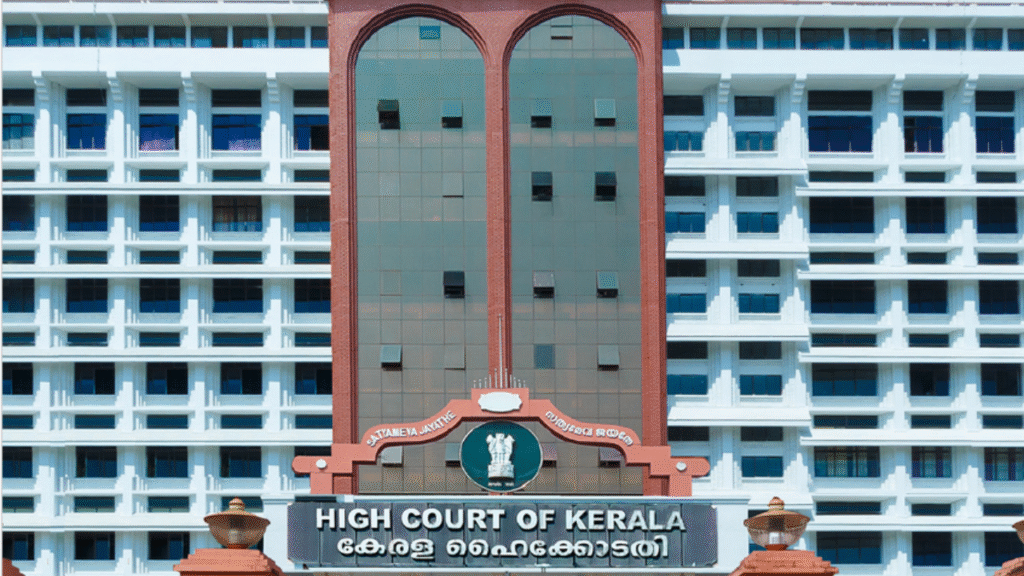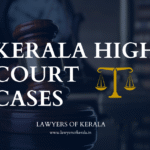CRIMINAL PROCEDURE – QUASHING OF PROCEEDINGS – FREEDOM OF SPEECH AND EXPRESSION – FAIR CRITICISM
2025 KER 49154 : (2025) 7 KCD 49
HIGH COURT OF KERALA AT ERNAKULAM
V.G. ARUN, J.
CRL.MC NO. 497 OF 2025; JULY 4, 2025
Petitioners, Accused Nos. 1 and 2, faced prosecution under Sections 192 and 45 of the Bharatiya Nyaya Sanhitha, 2023, Section 51 of the Disaster Management Act, 2005, and Section 120(o) of the Kerala Police Act, 2011. The prosecution alleged that the petitioners posted negative comments in a WhatsApp group concerning the solicitation of contributions to the Kerala Chief Minister’s Distress Relief Fund (CMDRF) for landslide victims. It was contended that these comments were derogatory, capable of creating riot, and intended to dissuade public contributions.
The petitioners argued that they merely advised group members to verify credentials of those seeking contributions and to donate only to trustworthy persons, asserting such comments in a closed WhatsApp group should not lead to criminal prosecution. The Public Prosecutor countered that the context, timing, and pointed criticism against the ruling party indicated an intention to create riot and obstruct CMDRF contributions, requiring a trial to determine intent.
The High Court observed that the comments were made during a discussion about the utilization of CMDRF contributions, including allegations of mis-utilization and criticism against the political party in power.
Held:
The Court found that to assume such comments were capable of causing riot or nuisance was “preposterous”.
The comments, though critical of the Government, were well within the bounds of law.
The right to freedom of speech and expression, including fair criticism and dissent, is guaranteed by the Constitution and is intrinsic to democratic governance. The Court cited Bennett Coleman & Co. and Others v. Union of India and Others and American Communications Assn. CIO v. Douds to emphasize the importance of open channels of communication and the function of citizens to keep the government from error.
Clamping persons expressing dissent or criticism with criminal cases is an affront to democratic values.
The Court ruled that the alleged offences were not attracted:
Section 192 BNS (rioting) requires force or violence by an unlawful assembly, and fair criticism cannot be construed as an intention to provoke rioting. This reasoning also applied to Section 120(o) of the Kerala Police Act.
Section 51 of the Disaster Management Act applies to obstruction of public servants or refusal to comply with directions; a government request for contributions is not a “direction,” and comments cautioning against donations do not amount to refusal of a direction.
Continuation of prosecution was deemed an abuse of process of law and a violation of freedom of speech and expression.
Result: The Crl.M.C. was allowed, and the final report and all further proceedings in Crime No. 434 of 2024 against the petitioners were quashed.

